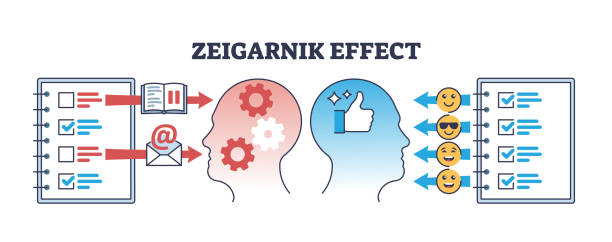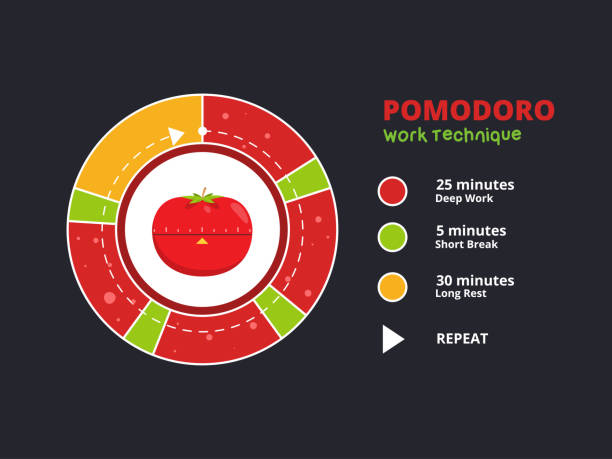20 Minutes of Doing Something Is Better Than Procrastinating
In a world filled with distractions and busy schedules, finding the motivation to start a task can be challenging. Often, we fall into the trap of procrastination, putting off important activities for later. However, the adage “20 minutes of doing something is better than” perfectly encapsulates the idea that even a small effort can lead to meaningful progress. This article explores the significance of taking action, the psychology behind it, and practical ways to overcome the urge to procrastinate.
Table of Contents
The Power of the First Step

The Law of Inertia
Just like a stationary object requires an initial force to start moving, overcoming inertia in our daily lives necessitates that first step. This law applies to both physical and mental endeavors. When we begin a task, even if for just 20 minutes, we set ourselves in motion, making it easier to continue.
Breaking the Mental Block
Often, the most significant barrier to starting something new is the mental block we create. By committing to a mere 20-minute window, we’re more likely to bypass this obstacle, as it seems less overwhelming. Once we’re engaged, the mental resistance tends to dissipate.
Psychology Behind the “20 Minutes” Rule

The Zeigarnik Effect
The Zeigarnik Effect, a psychological phenomenon, suggests that people tend to remember and dwell on incomplete or interrupted tasks. By investing 20 minutes, we create a sense of completion, reducing the intrusive thoughts associated with unfinished work.
Building Positive Habits
Consistency breeds habit. When we allocate 20 minutes to a task regularly, it becomes a part of our routine. Over time, this small investment accumulates, leading to substantial progress and personal growth.
Overcoming Procrastination

The Pomodoro Technique
The Pomodoro Technique, developed by Francesco Cirillo, advocates working in focused, 25-minute intervals followed by a 5-minute break. Adopting this method helps break tasks into manageable segments, making them less daunting.
Setting a Timer
Committing to just 20 minutes by setting a timer can be incredibly motivating. Knowing that the task won’t take an indefinite amount of time can propel us into action, thereby sidestepping procrastination.
Embracing Imperfect Action
Perfection Paralysis

Striving for perfection can lead to paralysis. The idea that 20 minutes of imperfect work is more valuable than zero progress challenges the notion that everything must be flawless from the start.
Learning Through Doing
The act of doing teaches us more than planning ever could. Those initial 20 minutes involve trial, error, and learning that lays the foundation for improvement and eventual mastery.
Conclusion
In conclusion, the concept of investing just 20 minutes in an activity rather than succumbing to procrastination holds profound value. The Law of Inertia, the Zeigarnik Effect, and various techniques such as the Pomodoro Technique all emphasize the transformative power of taking action, even in small increments. Remember, progress is achieved through consistency, and the first step is often the hardest. So, embrace the idea that “20 minutes of doing something is better than” endlessly postponing it.
FAQs
Why is starting so difficult?
Starting a task can be challenging due to mental blocks and the fear of failure. Investing 20 minutes can help break through these barriers.
Can I use the Pomodoro Technique for any task?
Yes, the Pomodoro Technique can be applied to a wide range of tasks, from work projects to household chores.
What if I can’t complete a task in 20 minutes?
The goal isn’t necessarily completion but progress. If a task requires more time, the important thing is to initiate and continue.
How does imperfect action contribute to growth?
Imperfect action encourages learning through experience. It allows us to identify areas for improvement and adjust our approach accordingly.











